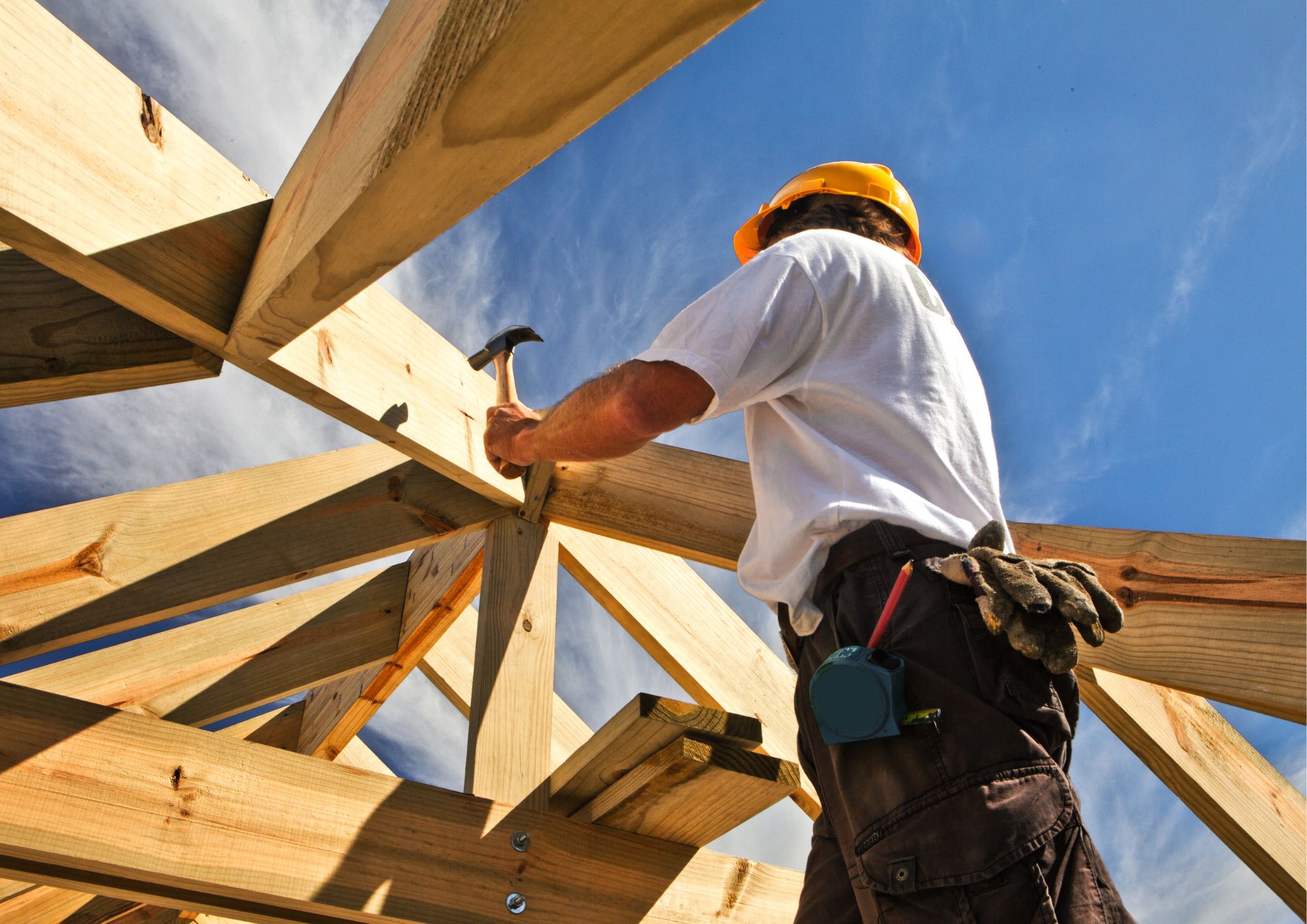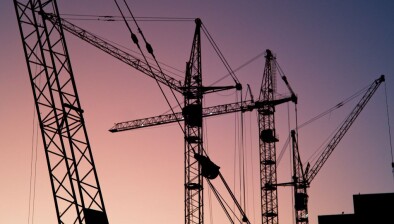Construction recovery faces skills and cost pressures

After a challenging end to 2024, the UK construction industry is showing strong signs of recovery in the first half of 2025, the new SME State of Trade Survey from the Federation of Master Builders (FMB) and the Chartered Institute of Building (CIOB) has revealed.
SME builders saw strong growth in workloads, enquiries, and employment, led by house building and maintenance. However, acute skills shortages and rising costs continue to disrupt delivery and squeeze profits.
The most difficult to hire trades were:
- Carpenters (33%)
- Roofers (32%)
- Plumbers/HVAC (28%)
- General labourers (29%)
- Bricklayers (28%)
Despite the overall reported recovery compared to Q4 of last year, costs still seem to be rising, primarily driven by materials prices and wages. Around 75% saw increased material costs, while 67% reported rising wages and salaries.
Worryingly, this is having an impact on growth, despite the positive trend so far, with nearly half of all companies reporting making losses, or that costs are hampering profits. A shocking 1 in 4 report their businesses may be on the path to going bust. Almost half (49%) reported lower-than-expected profits or losses, while 25% feared for business viability.
With increases in costs and squeezed margins, it appears that potential employment opportunities are taking a hit, with over a third holding back on new employees and just over 1 in 5 making staff redundant. This all comes at a time when, according to CITB modelling, the government needs to find 151,000 more construction employees. Around 34% say they have restricted recruitment, and 22% have already made redundancies.
Further findings from the report include:
- Workloads: Net workload increased by +25%, reversing the decline of –11% in Q4 2024. This marks the first simultaneous growth in workload, enquiries, and employment since Q2 2023.
- Enquiries: Net enquiries rose to +34%, up from –23% in Q4 2024.
- Employment: Net employment change was +26%, the strongest quarterly improvement since Q1 2010.
Regional Performance:
- Northern Ireland: Workloads +36%, Enquiries +64%
- Scotland: Workloads +30%, Enquiries +56%
- Wales: Workloads +24%, Enquiries +50%
- England: Workloads +21%, Enquiries +18%
Skills
- 39% of firms increased workforce size (up from 17% in Q4 2024).
- Only 13% reported a decrease in staff numbers.
Impact of Skills Shortages
- 61% of firms affected by lack of skilled tradespeople.
- 49% experienced job delays.
- 23% had job cancellations.
Business Outlook
- 51% of firms have a positive outlook for H2 2025.
Brian Berry, chief executive of the FMB, said: “After a tough end to 2024, it’s welcome to see the construction sector turning a corner in the first half of 2025. However, recruitment remains a major challenge, with carpenters, roofers, and plumbers among the hardest roles to fill Skills shortages are having a real impact on delivery.
“Rising costs are compounding the pressure with bottom lines pressed. Increased costs have led to lower-than-expected profits for nearly half of respondents, and one in four now fear for their business’s viability. While it is a positive sign that more than half of firms are optimistic about the second half of the year, it’s clear that targeted support is needed to sustain this recovery and help SMEs thrive.”
Paul Gandy, CIOB president, said: “SMEs are the backbone of our construction industry – they deliver the homes our communities depend on. With many people these days choosing to improve their existing properties instead of moving home, it’s vital for them and the wider economy they can easily find reliable and competent builders to carry out work which is both affordable and high quality.
“In short, if we want the construction industry to be sustainable, we must make it easier for smaller firms to thrive. That means tackling issues such as late payments, and ensuring SMEs can affordably hire apprentices to grow the skilled workforce our sector desperately needs. With the right support, SMEs can and will continue to play their crucial role in building a stronger, more resilient built environment.”

















